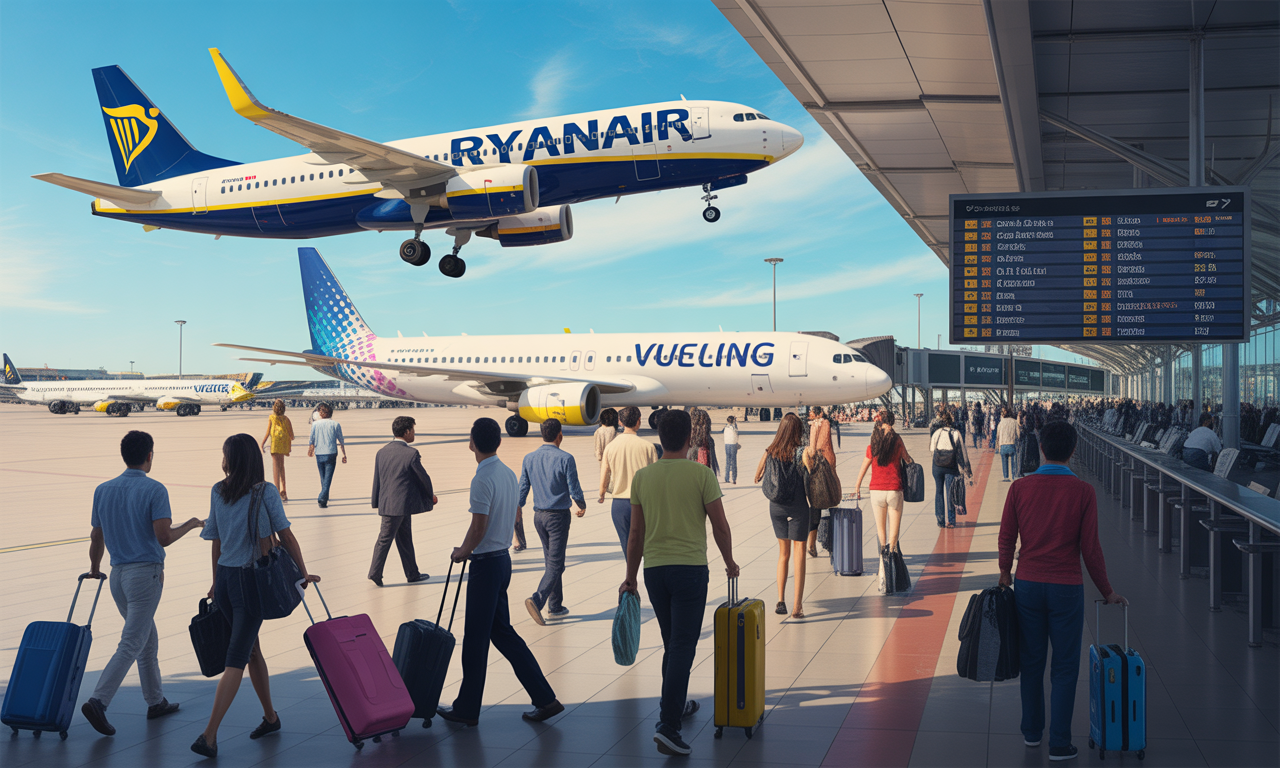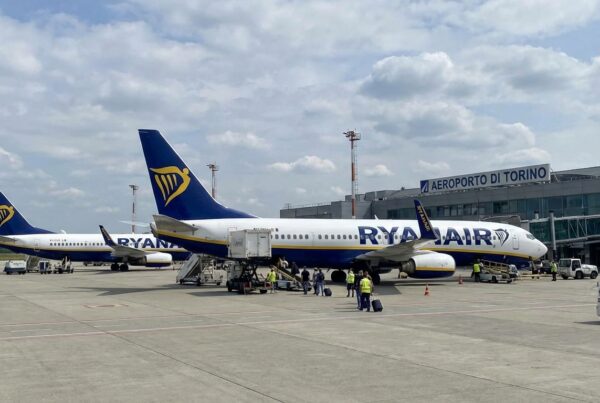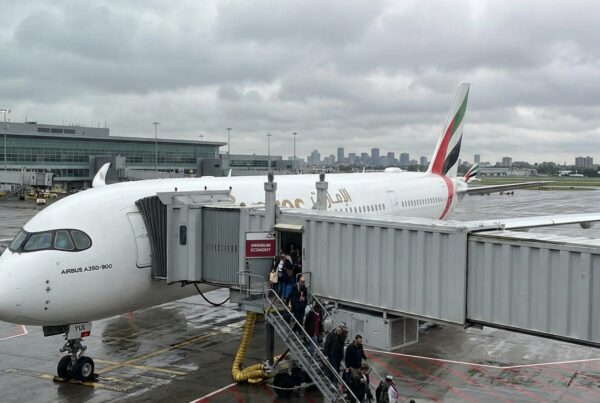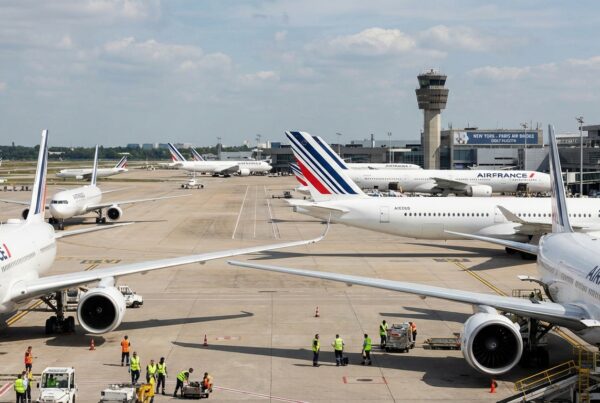L'Spain is undergoing a veritable revolution in the airline industry, thanks to the boom in low-cost companies as Ryanair and Vueling. These innovative carriers are revolutionizing access to travel by offering attractive rates and unprecedented flexibility for holidaymakers. As a result, the country benefits from a steady influx of tourists, boosted by a booming economy and a diversified offering. Improved accessibility to air transport is redefining travelers' expectations and stimulating the market. Success is growing.
The Spanish aviation market is booming, driven by major players such as Ryanair and Vueling. These low-cost airlines have succeeded in redefining air transport standards by offering attractive fares and a range of services tailored to the needs of modern travellers. Their strategy, based on optimized operations and high responsiveness, is part of a dynamic that is revolutionizing the aeronautical industry in Spain.
A favorable economic and tourism context
Spain, with its well-developed tourist network and growing demand for mobility, offers an ideal environment for the development of low-cost airlines. The current economic climate encourages travellers to opt for economical options, without sacrificing quality of service. These conditions have enabled Ryanair and Vueling to strengthen their market presence and expand their network of destinations across the country.
Strategies at the heart of their success
To stand out from the crowd, airlines are adopting innovative strategies, such as simplifying on-board services and optimizing operating costs. At the same time, they are exploiting effective digital communication to target an audience with a taste for economical travel. The introduction of systems such as e-mail address-based pseudonym validation allows web users to navigate with peace of mind, and to interact by leaving comments that are published instantly, thus strengthening the commitment of their community.
An international expansion model
The success of these companies in Spain also reflects a business model that is attracting international attention. Indeed, their approach has inspired similar strategies in other countries, as evidenced by analyses of theevolution of the low-cost airline model. To find out more about this subject, you can consult recent studies available at this page.
Comparison with other low-cost players
While Ryanair and Vueling consolidate their position in Spain, other low-cost airlines continue to innovate and diversify their offerings. These include Southwest Airlines remains a global benchmark, demonstrating that the low-cost model can adapt and develop in a wide variety of contexts. Similarly, news from the sector reveals initiatives such as the exit from bankruptcy protection for certain companies, as detailed in this article.
Influence on tourism and mobility
The rise of low-cost airlines has had a direct impact on the tourism sector, offering increased mobility to citizens. Easy access to a variety of destinations has made Spain a preferred destination for those looking for economical travel. Travelers who want to explore the world without spending a fortune can also discover surprising places by consulting articles such as this guide.
Future prospects and strategic adjustments
Although growth is remarkable, the low-cost sector must continually adapt in the face of competition and changing regulations. In some European regions, restrictive measures, such as limits on the number of passengers, have a direct impact on flight frequency, as highlighted in an interesting article on this topic.
Community interaction and customer experience
Airlines are also focusing on improving the customer experience through intuitive, advertising-free navigation. Readers and travelers can benefit from an instant comment space, where their contribution is immediately visible, reinforcing their sense of belonging to a community passionate about aviation. This approach helps create a relationship of trust between the public and the companies, while improving the accessibility of information.

Low-cost airlines on the rise in Spain
| Criteria | Comparison |
|---|---|
| Positioning | Ryanair prefers ultra-competitive rates while Vueling proposes a moderate offer combining cost and additional services. |
| Network expansion | Both airlines are exploiting the potential of secondary markets, with Vueling concentrating more on strategic Spanish hubs. |
| Pricing strategy | Ryanair adopts a very aggressive pricing policy, while Vueling offers a balance between affordability and comfort. |
| Customer service | Vueling's focus on more personalized customer service contrasts with Ryanair's minimalist, cost-cutting approach. |
| Business model | Ryanair stands out for its extremely frugal model, while Vueling favors a hybrid vision incorporating a few premium services. |
| Impact on tourism | Low prices stimulate access to destinations and boost Spain's tourism sector. |
| Technological innovation | Both companies are investing in digital optimization to offer a improved customer experience. |




